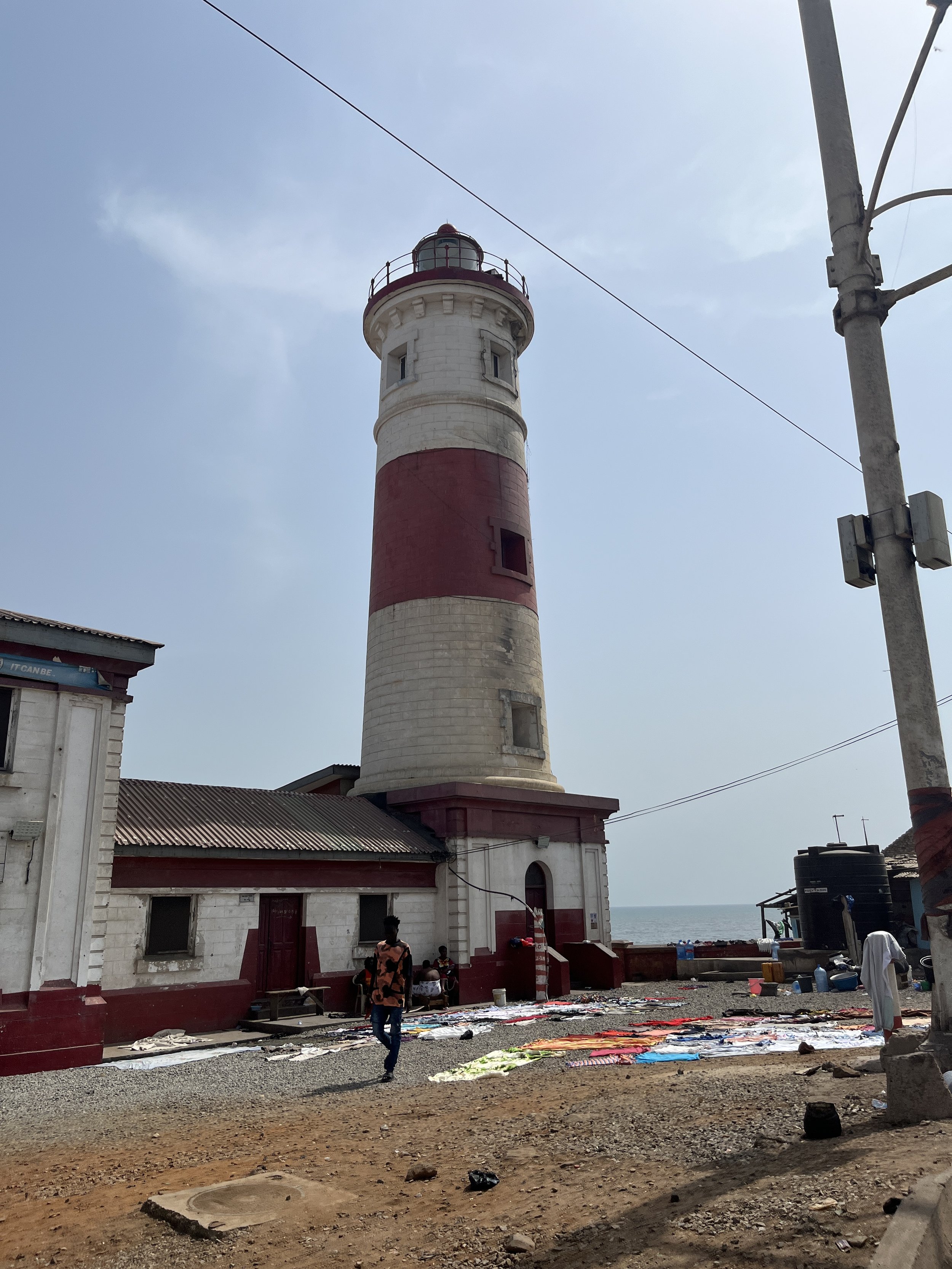It’s always fun to see what changes after you cross a border. Coming from Ivory Coast, the landscape didn’t change at all in Ghana. It was still green and lush and tropical. And it was hot. We’ve had 30plus degrees for weeks now and high humidity at times. Unfortunately, we can’t really say we’re getting used to it.
The most obvious change is the language. After The Gambia, Ghana is the second country of our trip in which English is spoken. That doesn’t necessarily mean we understand more, though: The Ghanian English is hard to decipher for us at times.
The other big change is religion: Ghana has a 70% majority of Christians. And the country is not subtle about it. You won’t find this in our photos, but… in Southern Ghana, Jesus is everywhere. There’s lots and lots of churches and they battle for attention. They have names like “Mega Church” or “International Charismatic Church” (which advertises with the line “Come with us and we shall do you good”). Buses and taxis have big stickers with Christian slogans on their windows, so do barber shops. Sunday mornings you see a loooot of people dressed up to go church. Street corners often feature a preacher delivering his message at maximum volume from a massive sound system. And it feels like “these ones go up to 11”.
Our first stop was Axim, near the border. Here we stayed at a beautiful hotel by the beach. It would have been the perfect spot to stay for a few days, relax and read. That was our plan initially – but we ditched it. Days before we had met a traveller who was surprised to meet us: “All the other overlanders have passed through here already…” – the rainy season is approaching. It served us a reminder, hence we packed our bags in Axim after one night.
The next day, we arrived in Accra. We moved through heavy traffic when it started raining cats and dogs. We stopped at a service station, as did several others with their bikes. Music was playing, the attendant was dancing, people wanted to swap motorcycles with us… after half an hour the rain stopped and we were able to leave.
We went straight to the house of our mate Lukas, who moved from Berlin to Accra three years ago and let us stay in his guest room. Thanks so much!
The next day, we took a walking tour through Jamestown. Built by the British in the late 19th century, it has become one of Accra’s poorest areas over the years.
Part of the walk was visiting Ussher Fort, originally built by the Dutch in 1649 as Fort Crèvecœur. Later, the British took over. When they left, it stayed in service as a prison until 1993.
The tour was led by Roland and Mohammed, both Jamestown locals. Mohammed is also a pro boxer (we’re keeping our fingers crossed for his next fight in April), so we were well protected. :)
Left to right: Lukas, Thies, Mohammed, Momme, Roland
The tour continued at the fish market that works just as we’ve seen it in Nouakchott, Mauretania: The boats come in and their fish is sold straight off the boats.
Critically endangered species. :(
Next stop was the lighthouse, an Accra landmark that was built in the 1930s. It replaced a lighthouse from 1871.
We also visited an informal settlement by the beach that was established two years ago after lots of people had to move from an area where a new port is being built. The conditions there were really tough.
Last stop of the tour was a boxing arena. When fights are on, more than 8.000 people fill the venue.
We also had a great night out, eating delicious Ivorian food from a street restaurant not far off Oxford street.
On our way into town and back, we were searched extensively at two police checkpoints, but since they didn’t find anything remotely suspicious, they let us go after a while.
And then it was time to say goodbye to Lukas and his flatmate Cobby. It was really cool to hang out with them – we learnt so much more about the city and the country than we would have on our own.
We navigated through the dense Accra traffic and headed towards the border with Togo. At the crossing, a lady who works for the health department got chatty. She posed a question to us that seems to be Ghana’s most important one: “Do you worship the lord?”


























